The Delhi government is spearheading an ambitious project aimed at steamlining its land records system by harnessing cutting-edge drone technology. This initiative, which seeks to digitize and modernize the city's land management practices, promises to enhance accuracy and accessibility, thereby benefitting both stakeholders and citizens alike.
The Need for an Upgrade: Enhancing a Decade-Old System
More than a decade ago, Delhi laid the groundwork for a comprehensive geospatial database that integrated two-dimensional (2D) and three-dimensional (3D) data concerning the city’s infrastructure. This included detailed information about underground utilities such as sewer lines and water pipes, as well as above-ground assets like buildings and electrical lines. Accessible through an online platform, this database became an invaluable resource for city planners, utility managers, and various governmental agencies involved in resource management and urban development.
Despite its utility, the system began showing signs of obsolescence, necessitating an upgrade to keep pace with technological advancements and the growing demands of the city's governance. Recognizing this need, the Delhi government has initiated a project to refresh and enhance the existing database using drone surveys equipped with advanced LiDAR (Light Detection and Ranging) sensors.
High-Tech Surveys: Precision Mapping Through Drone Technology
The new project involves conducting high-resolution, geometrically accurate surveys across selected areas of Delhi, marking a significant leap forward in the city's land management capabilities. The pilot phase of this initiative covers approximately 26 square kilometers, including the villages of Mehrauli, Masoodpur, and Rangpuri.
Central to this modernization effort is LiDAR technology, which uses laser light to measure distances and generate highly detailed 3D maps. By deploying drones equipped with LiDAR sensors, the project aims to capture intricate details of the land's surface and its various features, ensuring an unprecedented level of accuracy in the land records. This data will serve as the foundation for a more reliable and accessible digital land records system, streamlining processes for both government bodies and the general public.
A Win-Win for Stakeholders and Citizens
The modernization of Delhi’s land records system brings with it a host of benefits that will be felt across various sectors. Stakeholders, including government agencies, businesses, educational institutions, and civil society organizations, will gain access to improved web-based services for land resource management. These services will facilitate better decision-making and planning, contributing to more efficient governance and development practices.
For citizens, the revamped system promises a more user-friendly interface, making it easier to search, retrieve, and utilize land records. The enhanced accessibility and discoverability of information will empower individuals and businesses alike, simplifying processes such as property verification, land transactions, and dispute resolution.
Sustained Improvement and Future-Proofing
The Delhi government is committed to ensuring that the new land records system remains up-to-date and responsive to the needs of its users. To achieve this, Geospatial Delhi Ltd (GSDL), the organization overseeing the project, plans to implement an in-house mechanism for continuous data updates and improvements. This proactive approach will help maintain the relevance and accuracy of the land records, accommodating changes in the city's landscape and infrastructure over time.
Moreover, the project underscores the importance of not only digitizing existing records but also enriching them with new data and functionalities. By integrating cloud-based information systems with the latest geospatial technologies, the government aims to create a dynamic and scalable land records system that can adapt to future requirements.
Pioneering a New Era in Land Management
Delhi's initiative to upgrade its land records through drone technology sets a precedent for other cities in India and beyond. As urban areas continue to grow and evolve, the need for accurate, efficient, and accessible land management systems becomes increasingly critical. By leveraging advanced technologies like LiDAR and drone surveys, Delhi is paving the way for a future where land records are not only more reliable but also more transparent and easy to manage.
This forward-thinking approach reflects a broader trend towards the digital transformation of public services, aligning with national and global efforts to harness technology for better governance. As other cities take note of Delhi's success, it is likely that similar projects will emerge, contributing to a more modern and efficient approach to land management across the country.
Conclusion
Delhi’s ambitious project to modernize its land records through drone technology is a significant step towards improving land management practices. By embracing the latest technological advancements, the city is not only upgrading its infrastructure but also setting a new standard for how land records can be managed in the digital age.

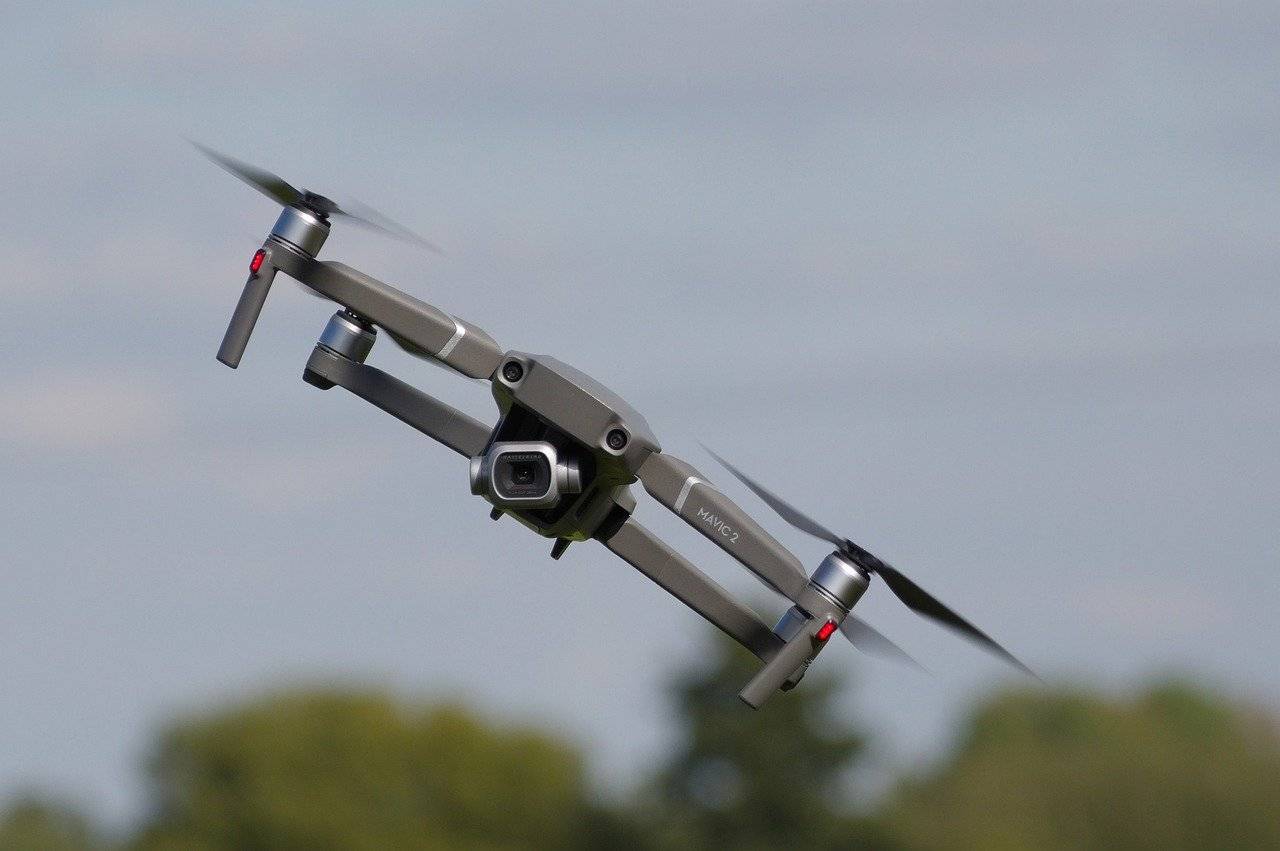

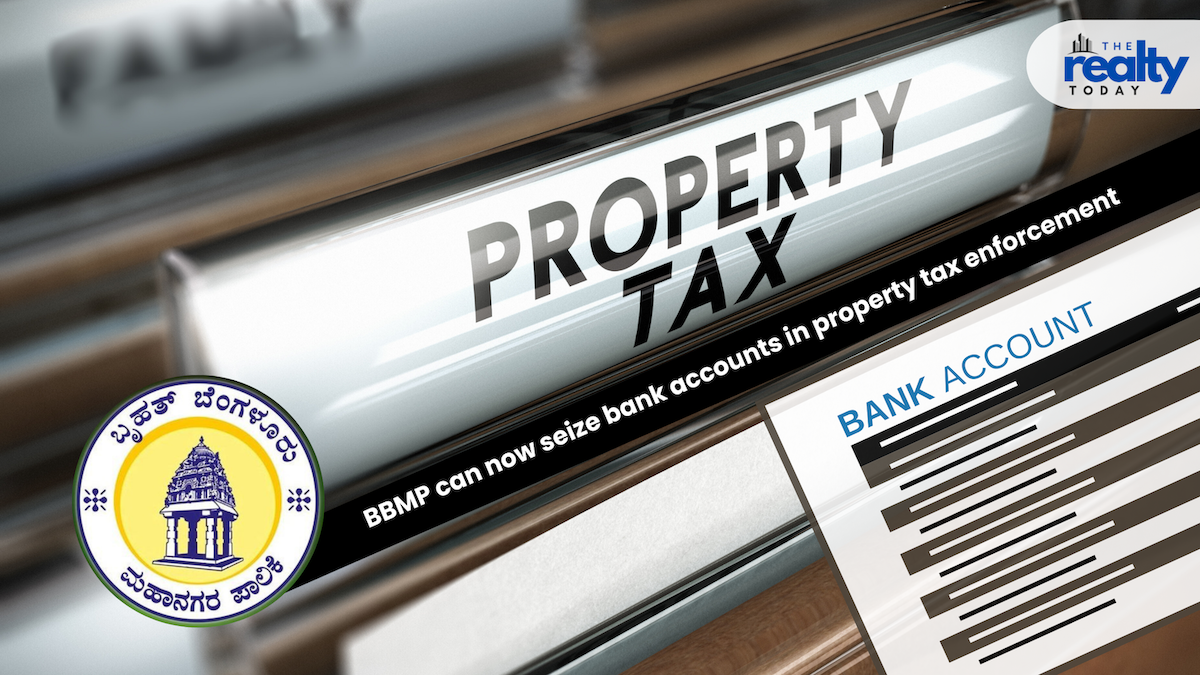

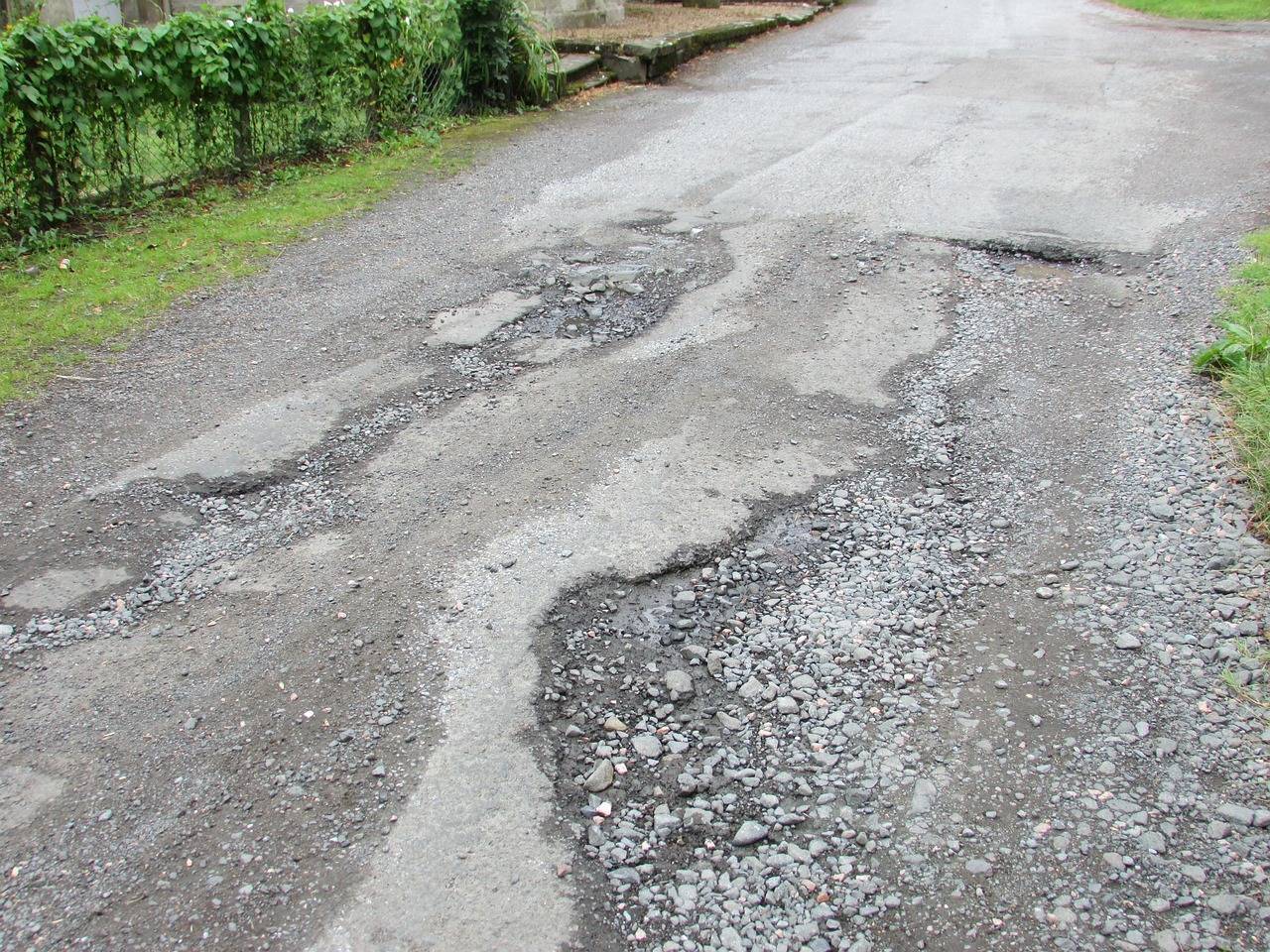

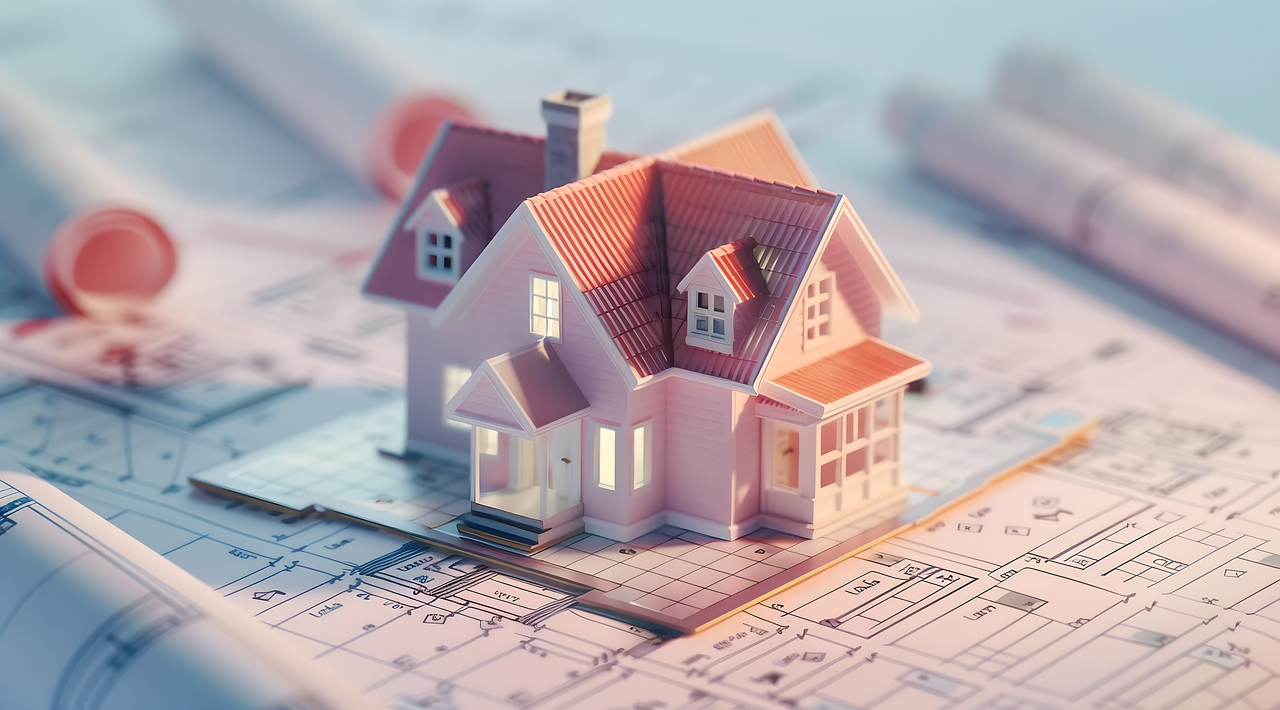
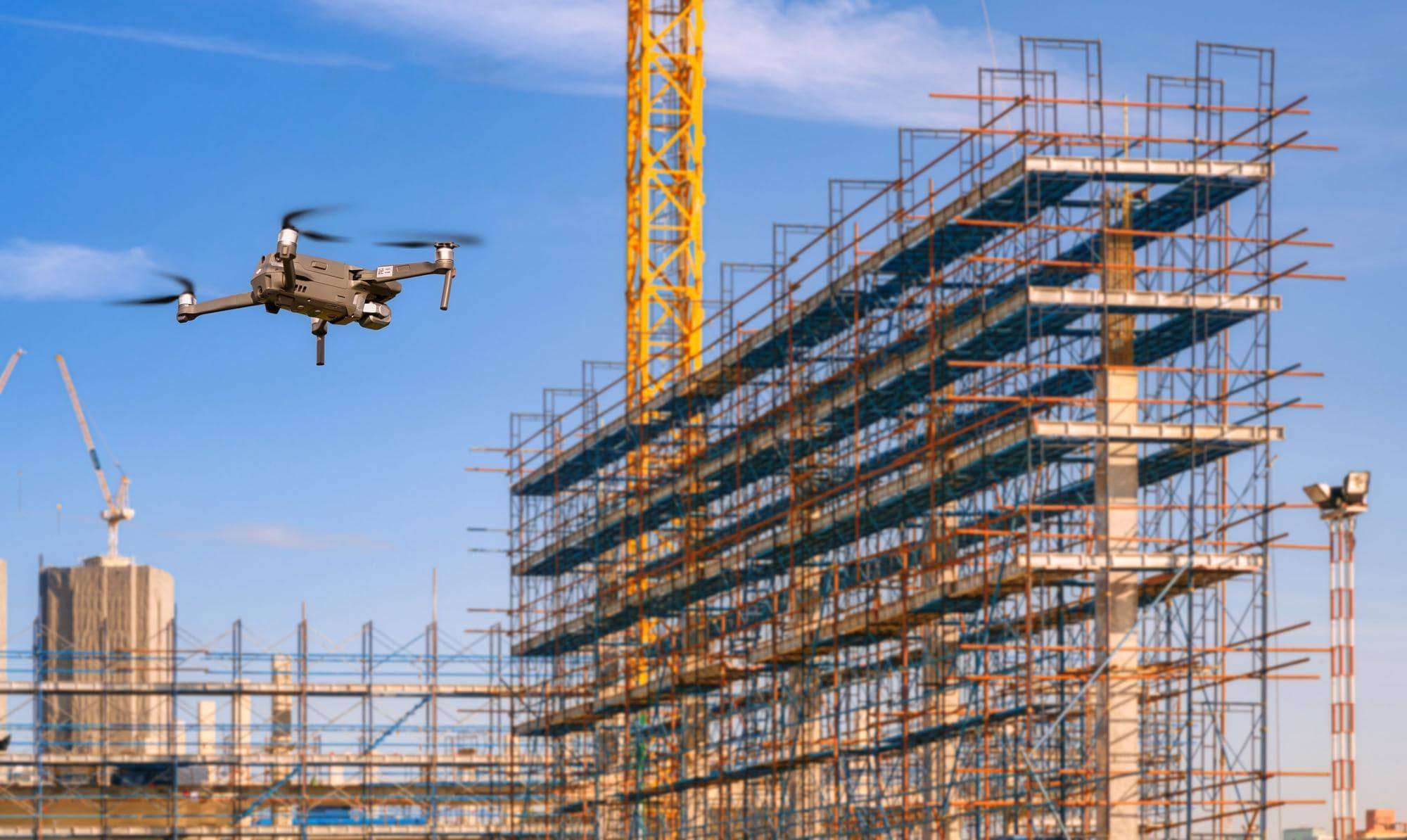
.png)